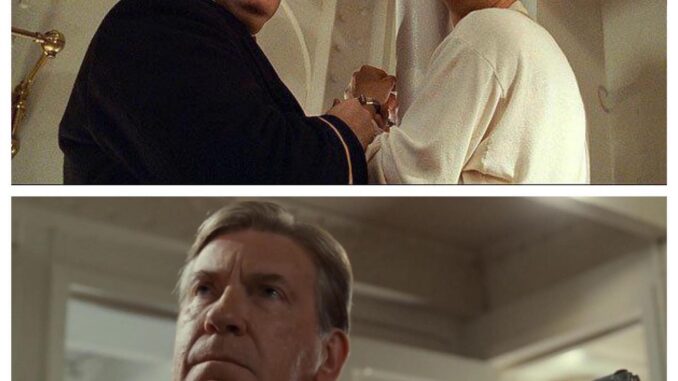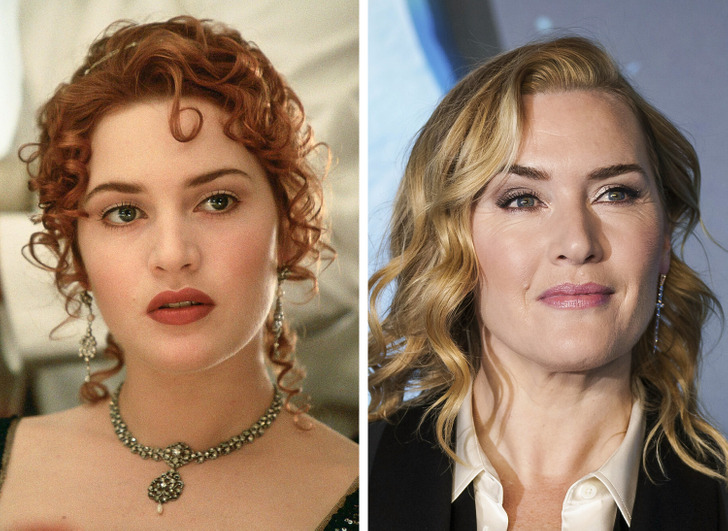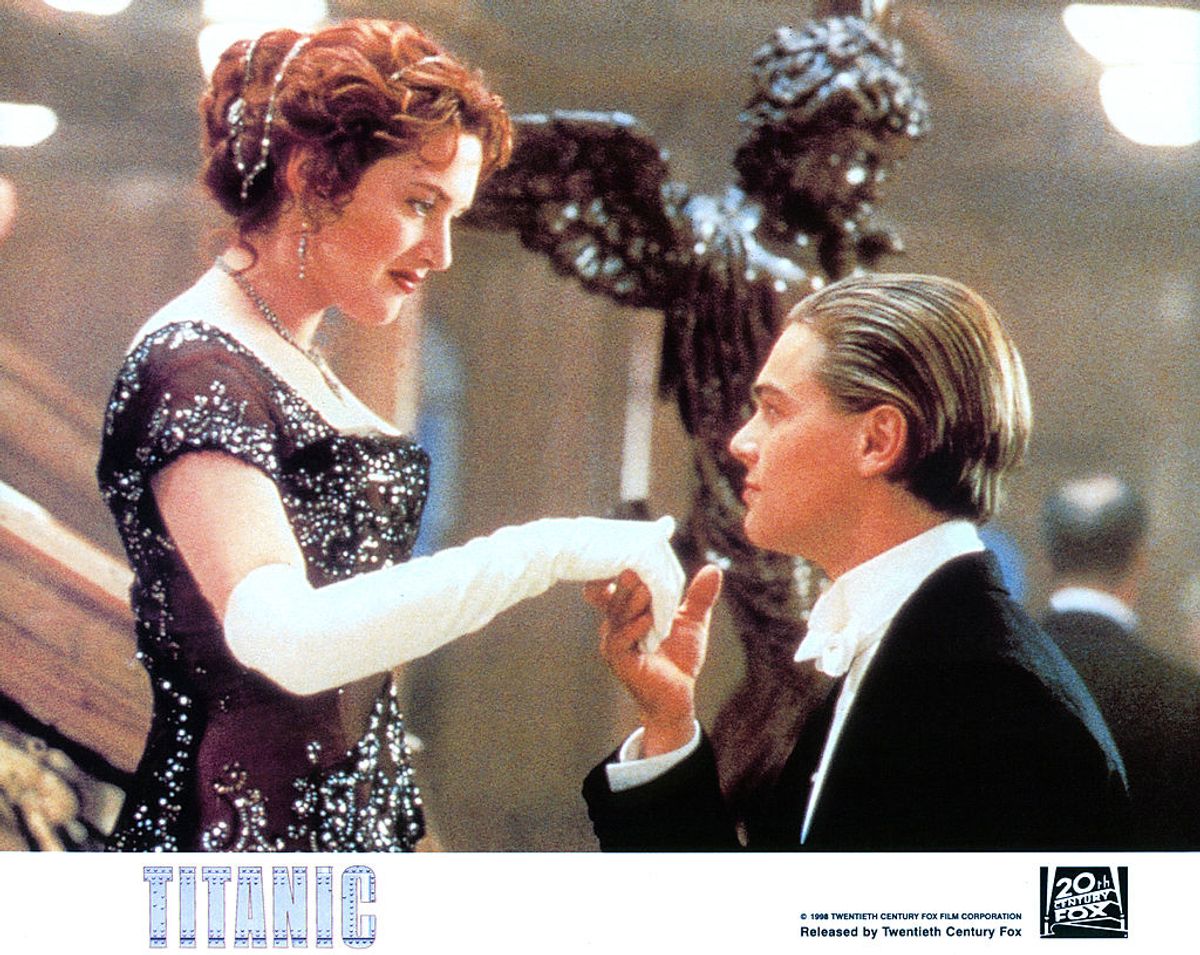
Without a doubt, Céline Dion owes much of her absurdly massive net worth to Titanic. After all, “My Heart Will Go On” is easily one of the biggest songs (if not THE biggest) in her career. Whether she likes it or not, “My Heart Will Go On”, and therefore the Academy Award-winning film Titanic, will forever be synonymous with her.

Thanks to an article from Billboard, we now know that James Cameron’s iconic $200 million film got more than just a song from Céline. In fact, Céline gave them something far more important… press.
Titanic Was Sinking In The Press And With The Studio
In the oral history article by Billboard, the producers of “My Heart Will Go On” described the dire straights James Cameron’s Titanic was in before Céline Dion came onboard (no pun intended).
“The buzz was terrible,” Simon Franglen, the co-producer of Céline Dion’s hit said about James Cameron’s movies. “Titanic was the film that was going to bring down two studios, Fox and Paramount. The movie was meant to come out July 3; in April, it was still almost five hours long.”

In short, the film was outlandishly expensive (it cost more than the ship itself) and far too long to send out to movie theaters… And people were starting to know that it seemed destined to become an utter flop.
“We had done a record deal with Sony to do the soundtrack — just the [James] Horner score — and I think the label imagined that they would get an end-title song into the film,” the music supervisor on Titanic, Randy Gerston, explained. “Jim [Cameron] didn’t want to end the film with a pop song. His favorite bands were Ministry and Metallica.”
James Cameron Never Wanted A Pop Song To ‘Save’ His Movie
What’s clear is that James Cameron thought that the inclusion of a pop song would bring down the drama and lessen the power he believed his film had. But the studio was really unhappy and needed James to find a hit song to help with the marketing of the film.
Although the film’s executive producer Jon Landau denies this, there seems to be enough evidence to support the idea that the studio was worried Titanic was sinking (again, no pun intended).

After Sony signed a deal to make the James Horner score of the movie for a whopping $800,000, the famed composer (who tragically lost his life in a plane accident) went out and wrote the song for the movie without Céline Dion even attached.
“Céline at one point sang the lead vocal on the single from An American Tail: Fievel Goes West, which Horner wrote,” Simon Franglen explained to Billboard. “She sounded exquisite, but she wasn’t a big star at the time, and they decided to go back to Linda Ronstadt, who had sung “Somewhere Out There” from An American Tail. But Horner always remembered Céline’s vocal. There came a point when James brought me a piano sketch of “My Heart Will Go On” and said, ‘Do you think this would work for Céline?'”
Getting Céline Involved
James Horner then approached Céline and the two collaborated in a suite at Caesars Palace in Las Vegas.
“[James Horner] started to play the song. With all the respect that I have for James — poor him, this guy is looking above us right now — he is not the greatest singer,” Céline explained. “I was making this sign like, ‘This is not possible.’ René [Angélil, Dion’s late husband] stopped him: ‘James, James, James. Listen to me. You’re not doing justice to the song right now. I’m going to make a deal with you: Let’s have Céline make a demo.’ I wanted to choke my husband. Because I didn’t want to do it! I just came out of “Because You Loved Me,” and then “Beauty and the Beast” was, like, huge. Why do we need to break our nose?”

But it was clear to Céline’s husband that this song was going to be a massive hit for her. Eventually, she went in to record the song as a demo… And she did it in one take.
“That very first “Near, far, wherever you are” — everybody knew that she could belt, but there was something about the delicacy,” Simon Franglen said.
Regardless of the positive response from all of the creatives in the music industry, it took a while for them to present the song to James Cameron. According to Céline, James thought his movie was “big enough” and simply didn’t need a song. But when he heard it, he thought that it could be organically woven into the movie in a way that gave the film further resonance.
